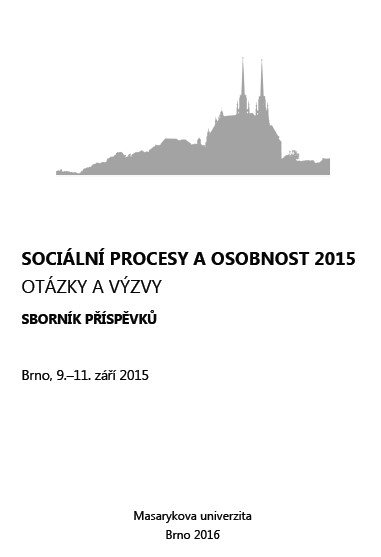Feelings of deceived people and the role of deceiver’s machiavellianism in instant messenger communication
Feelings of deceived people and the role of deceiver’s machiavellianism in instant messenger communication
Author(s): Václav Linkov
Subject(s): Theory of Communication, ICT Information and Communications Technologies
Published by: Masarykova univerzita nakladatelství
Keywords: Instant messenger communication; deception; machiavellianism; Big Five;
Summary/Abstract: This paper examines feelings of people deceived by partner in instant messenger (IM) communication and possible ability of high-Machs to deceive better than low-Machs. 28 respondents participated in two IM conversations with group of other 28 people, whose machiavellianism was assessed. In the second conversation they were lied by partner, who received instruction to lie. Respondents felt conversation with lying partner as less pleasant than normal instant messenger conversation. Deceiving partner was perceived as less agreeable and more neurotic on Big Five scales than the non-lying partner. Participants higher in machiavellianism were perceived as less trustful by their communication partners in normal IM conversation. High-Machs were not found to be better liars than low-Machs.
Book: Sociální procesy a osobnost 2015. Otázky a výzvy: Sborník příspěvků
- Page Range: 224-228
- Page Count: 5
- Publication Year: 2016
- Language: English
- Content File-PDF

